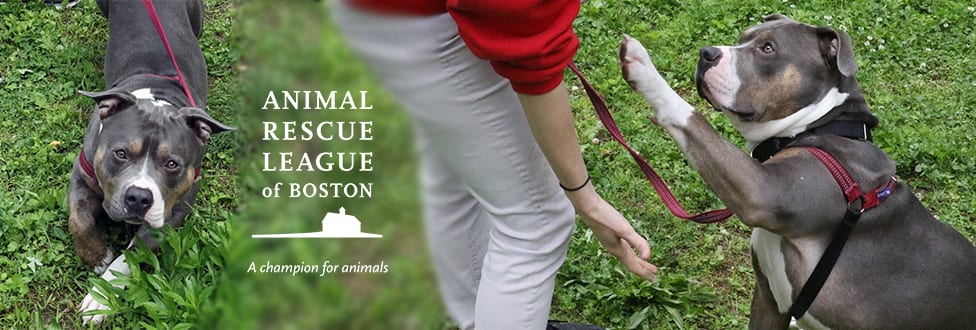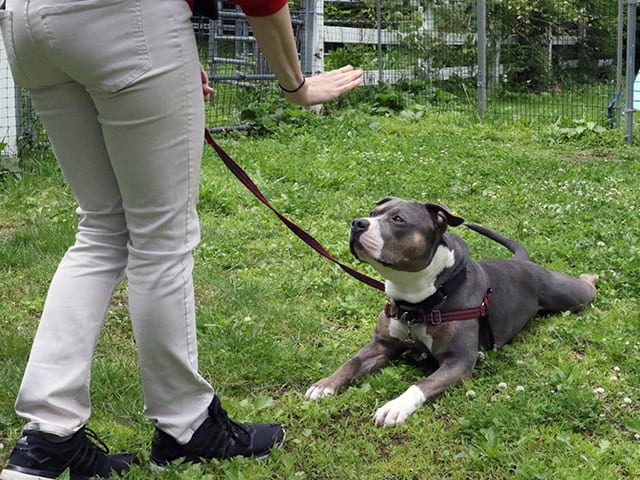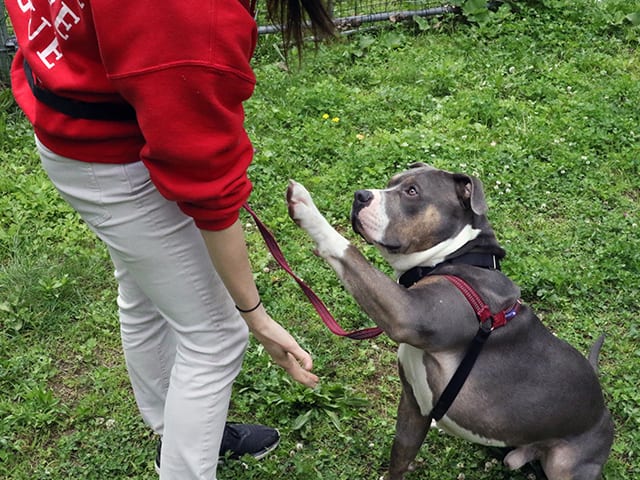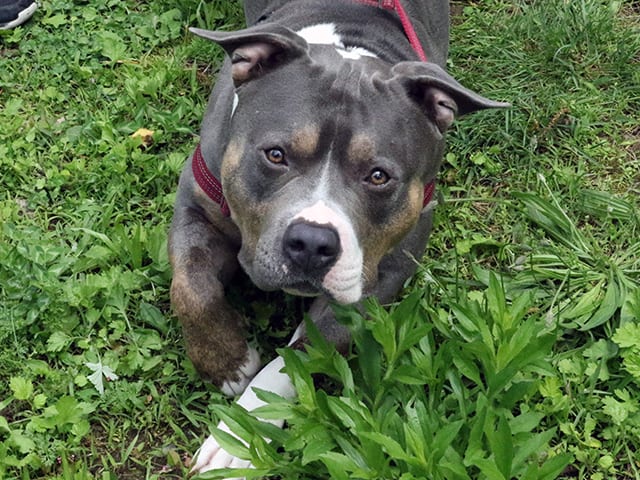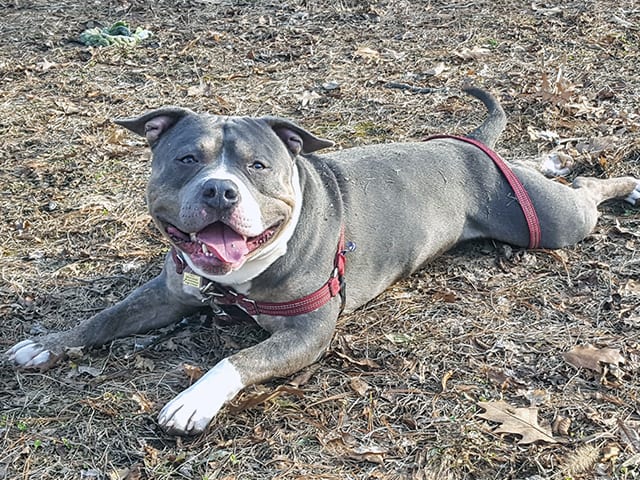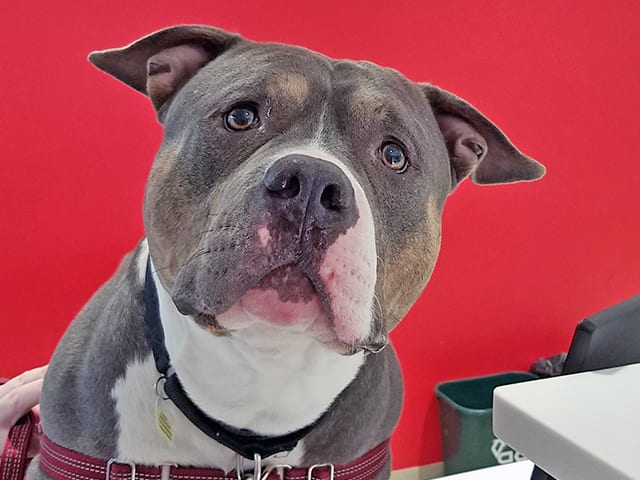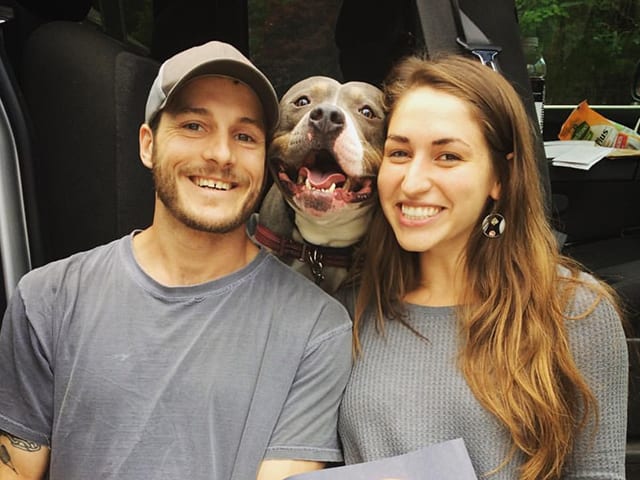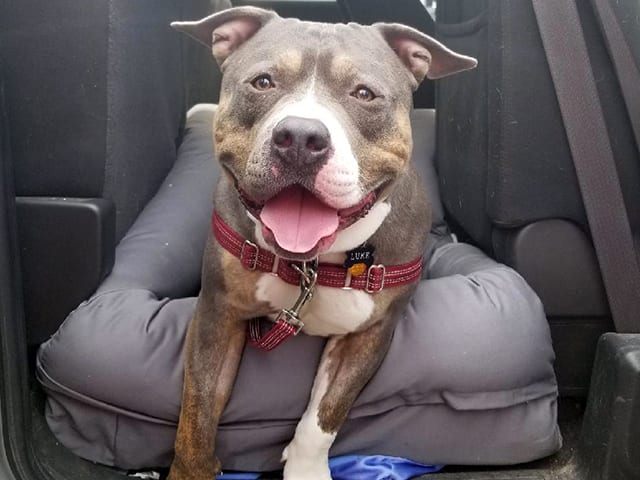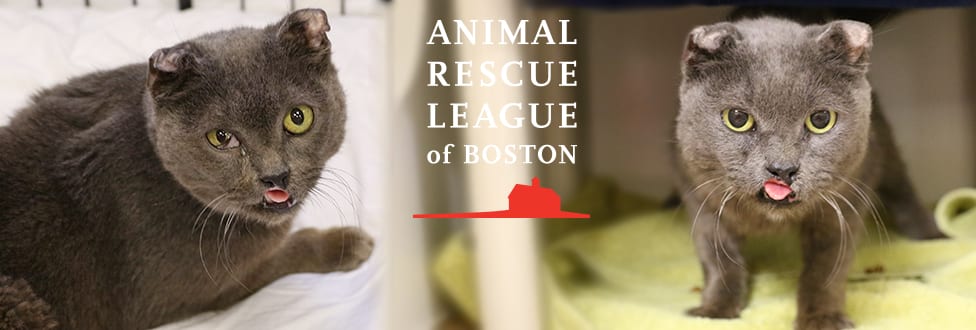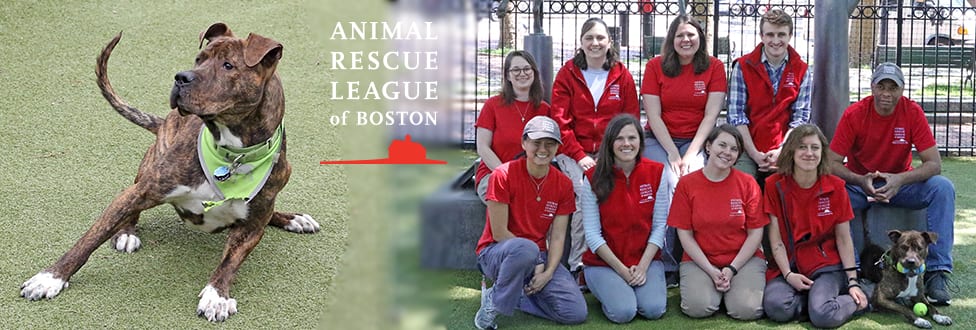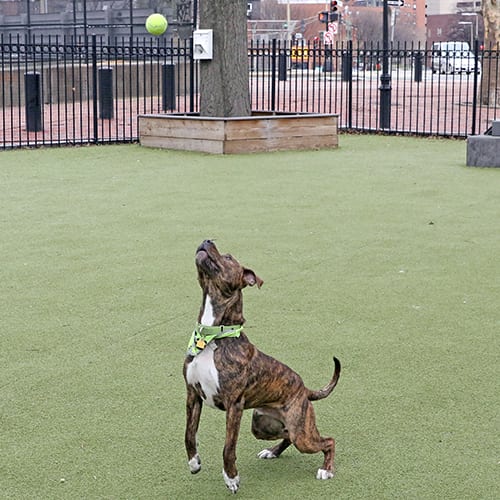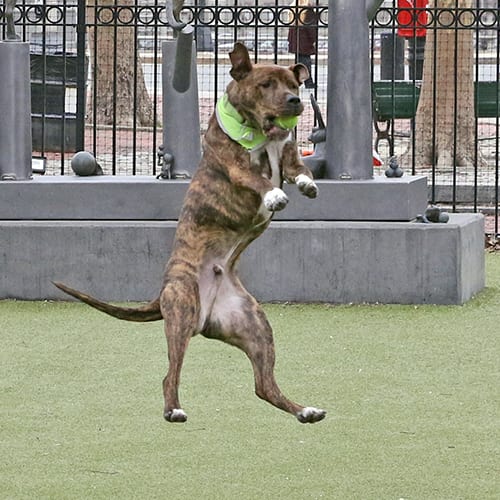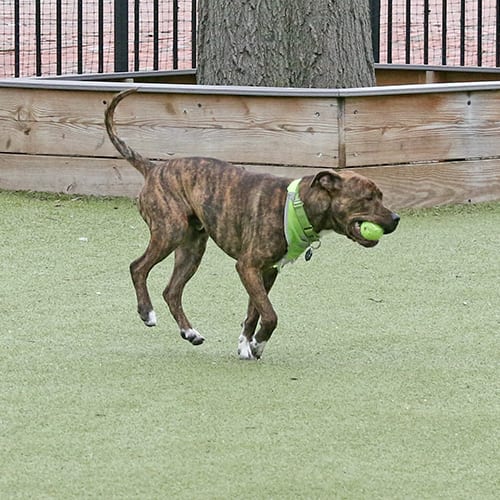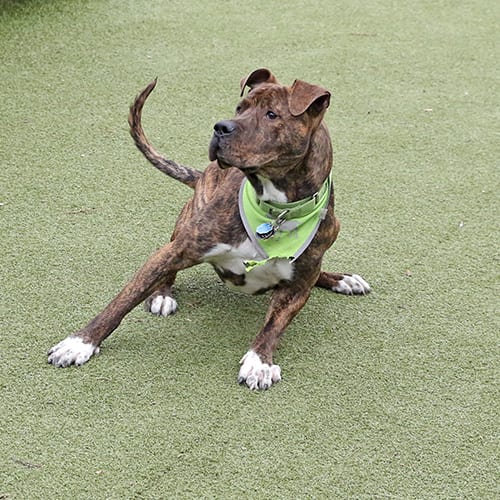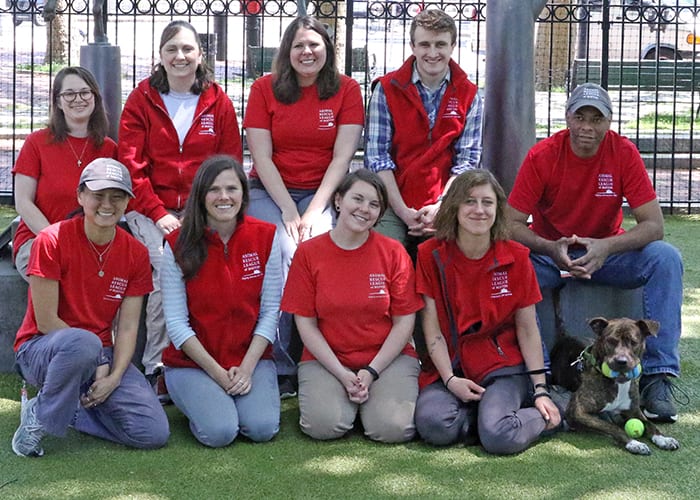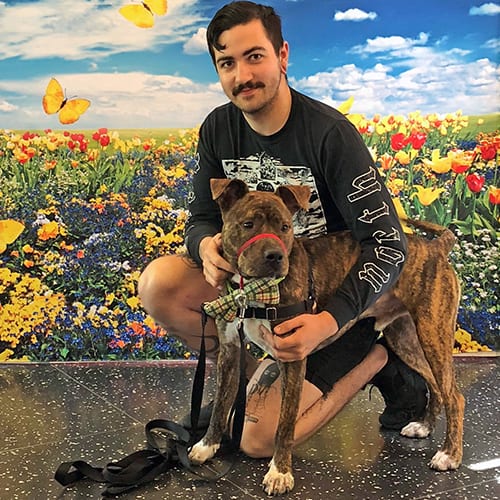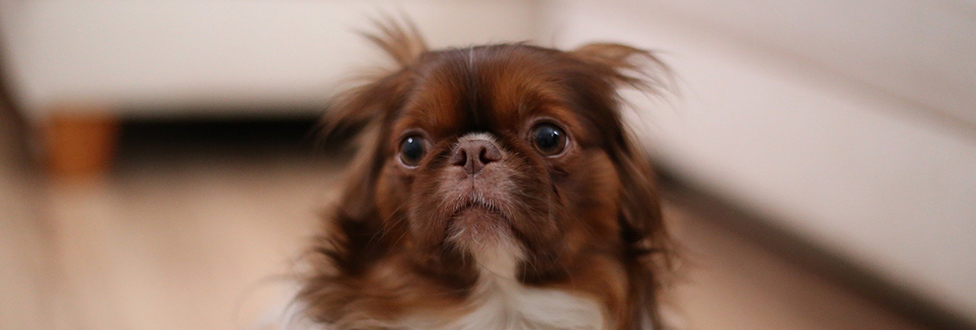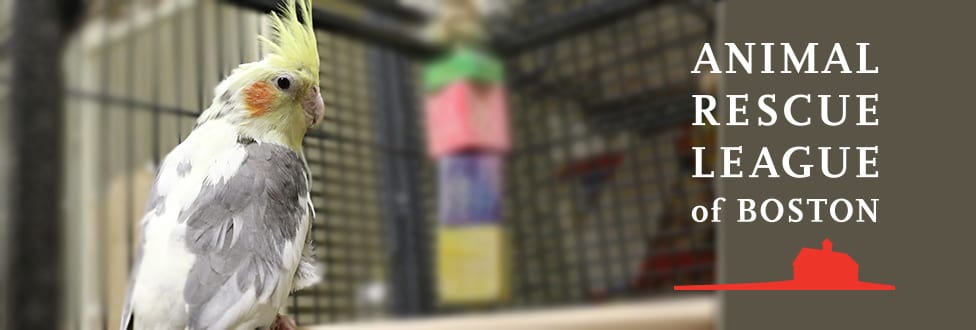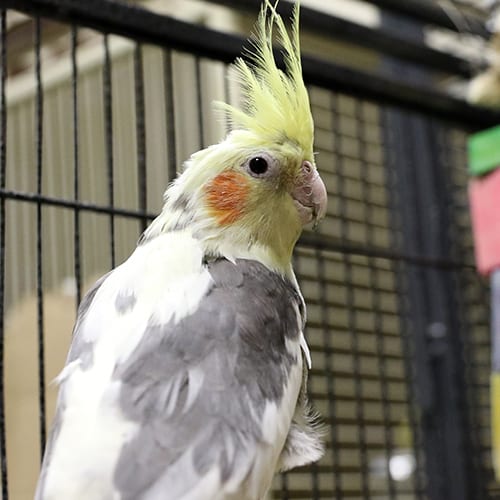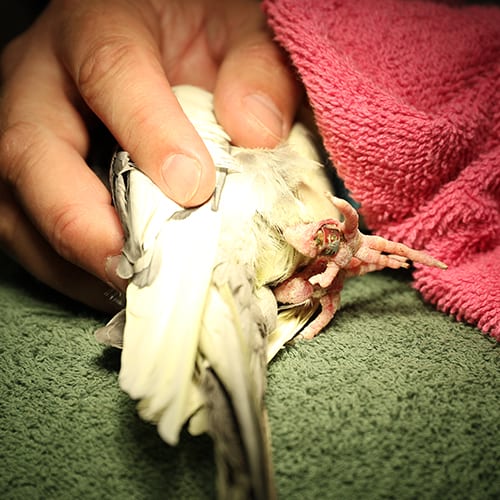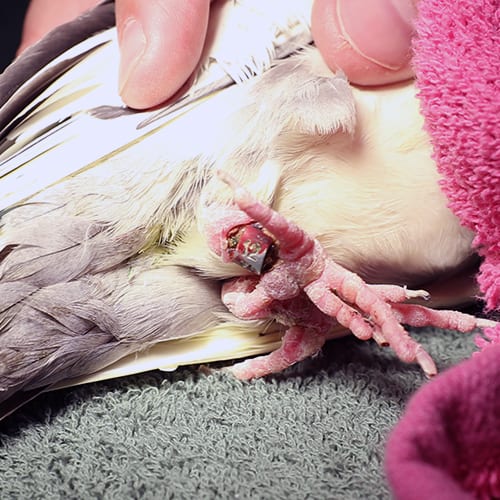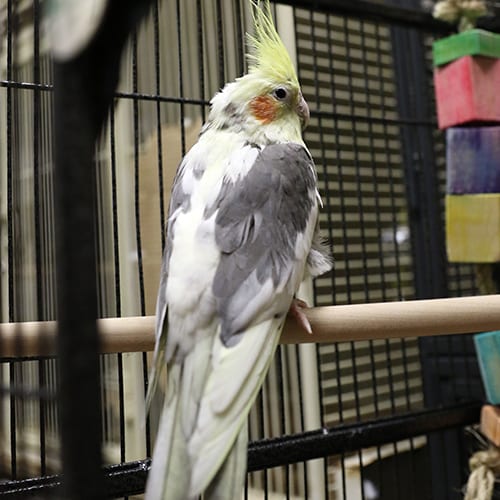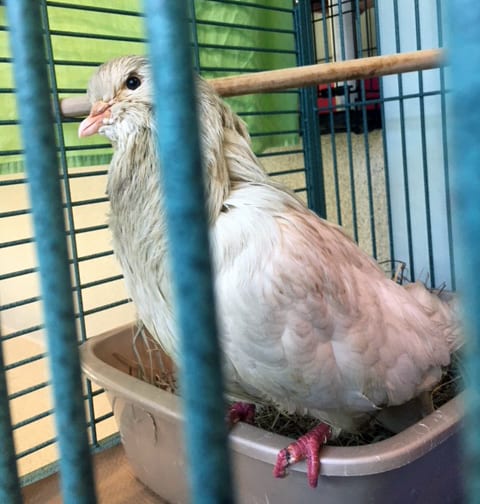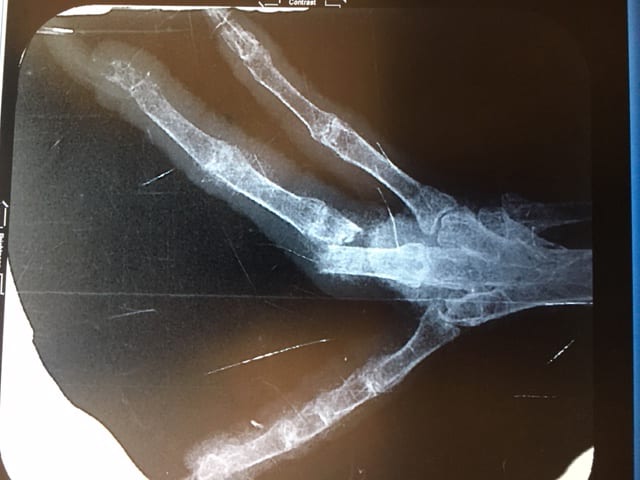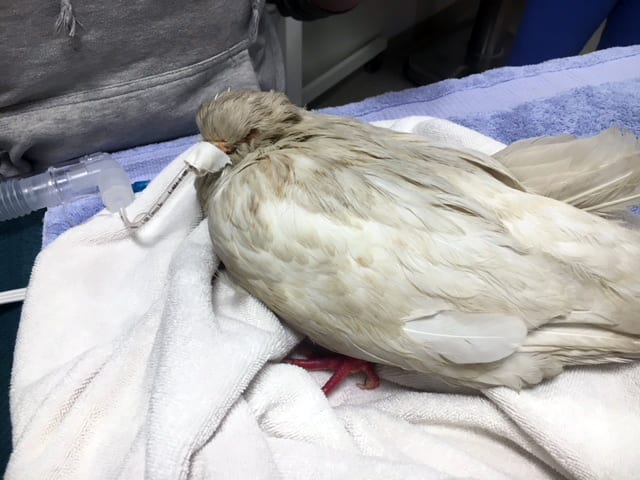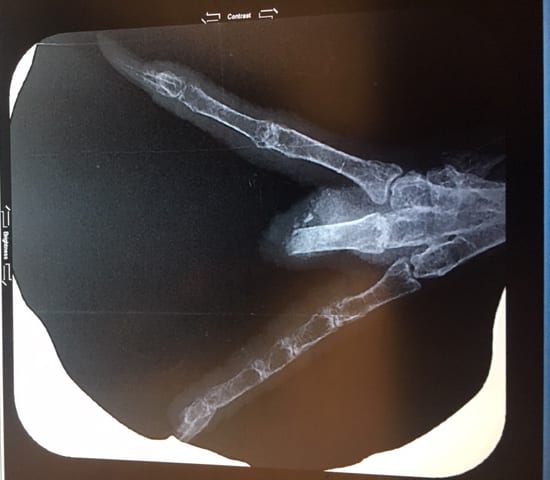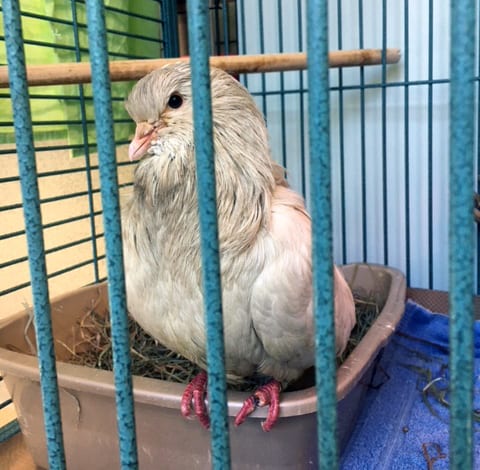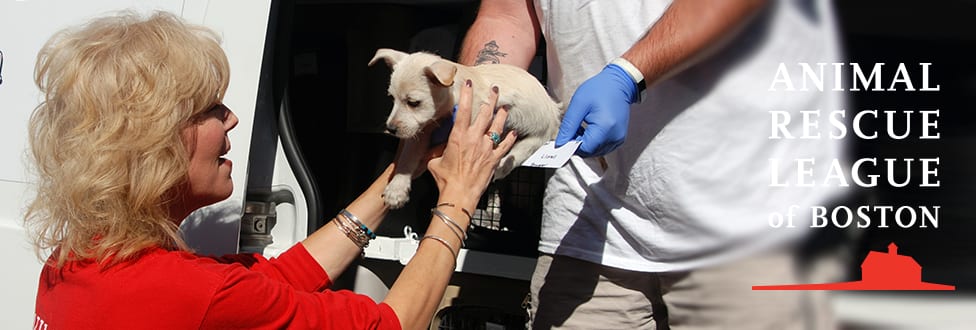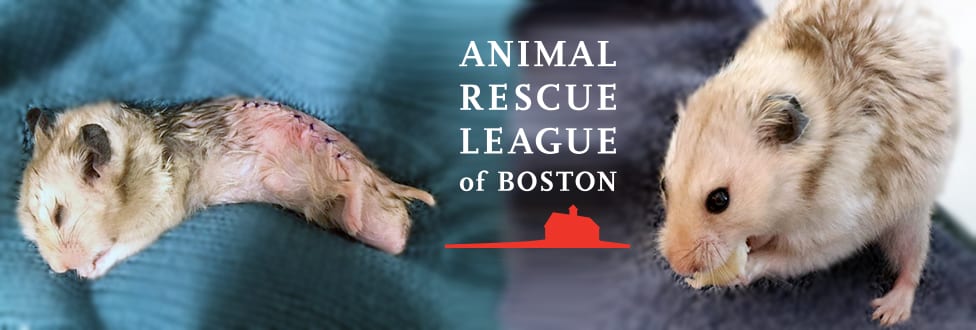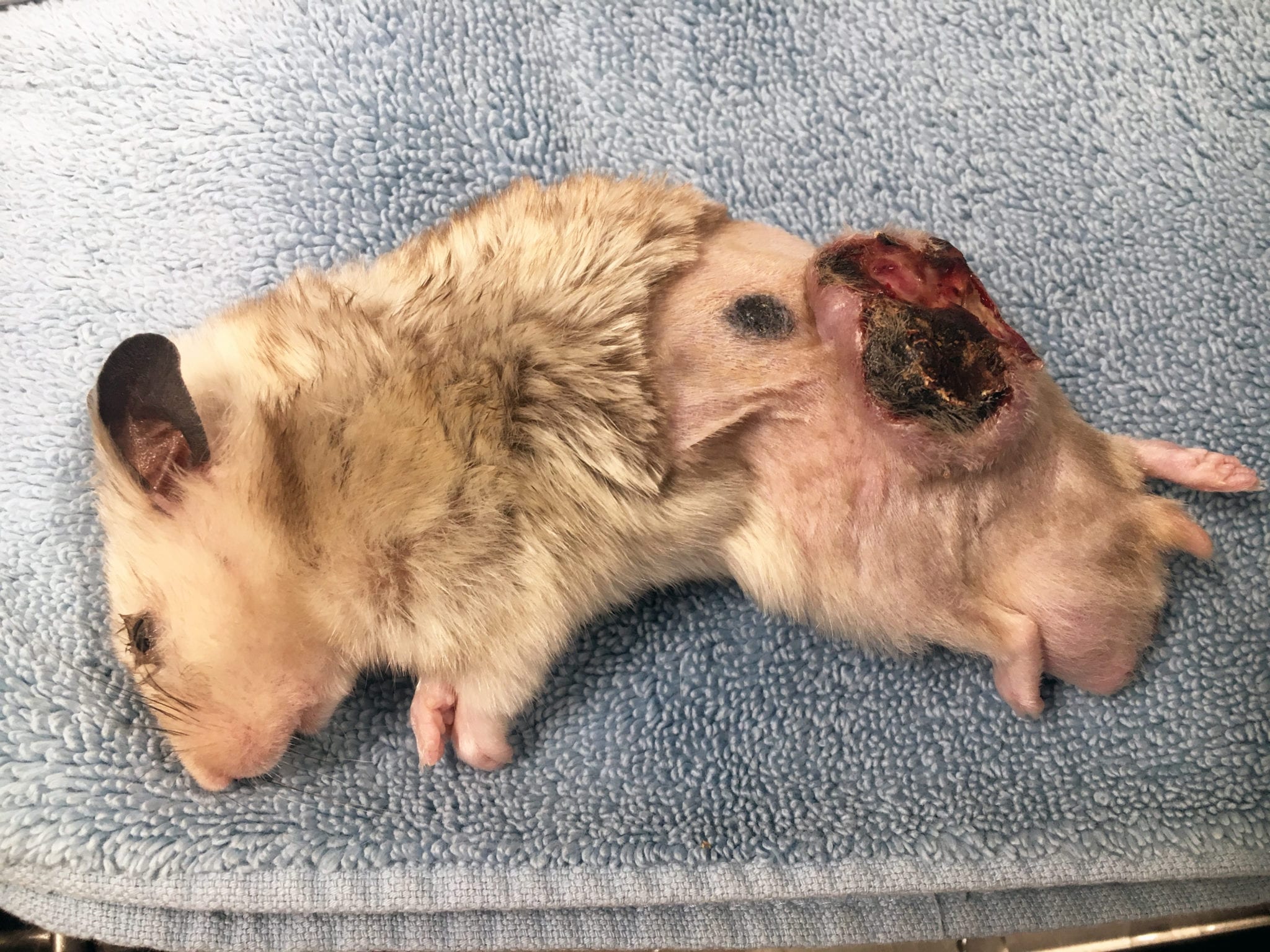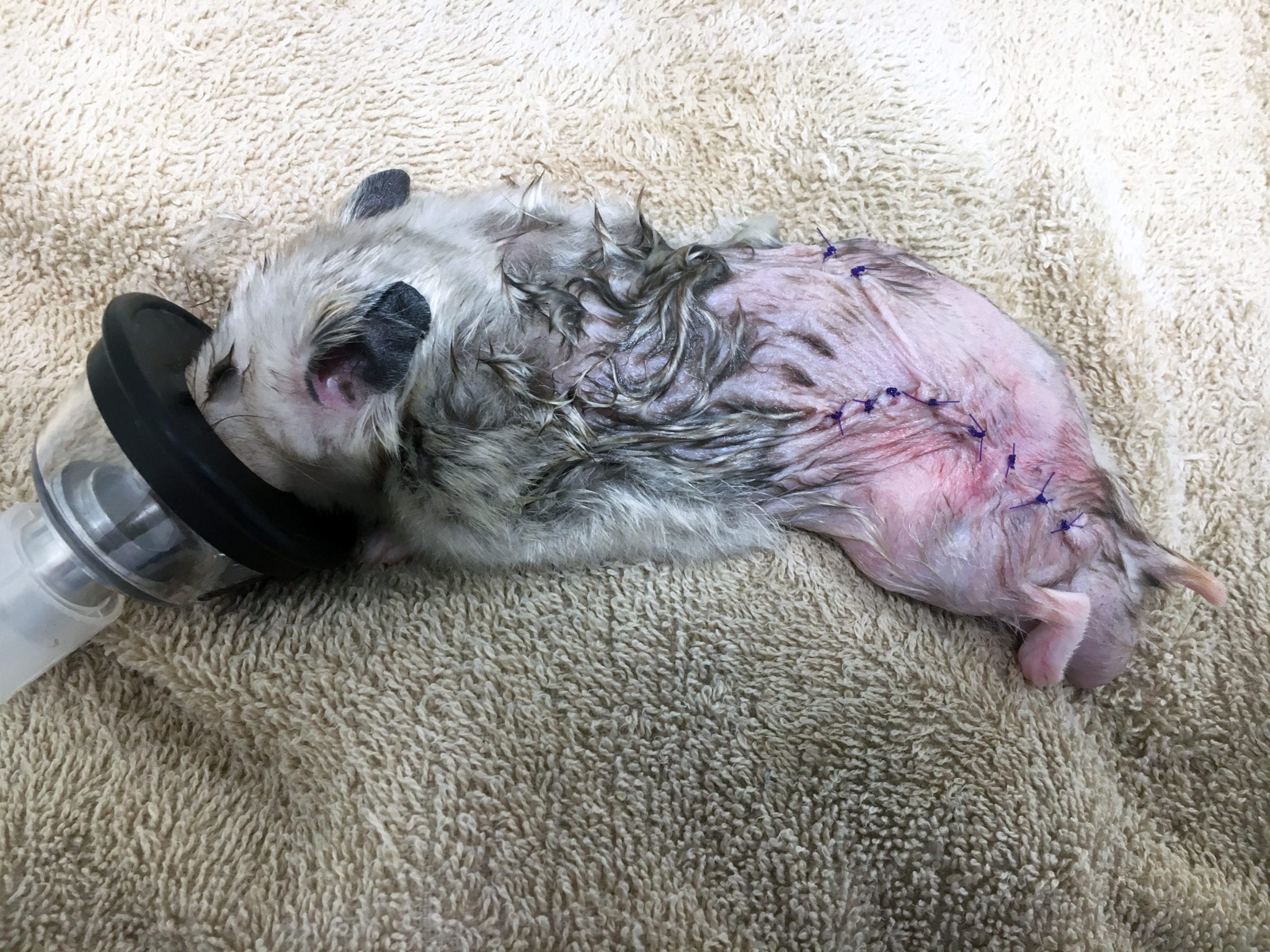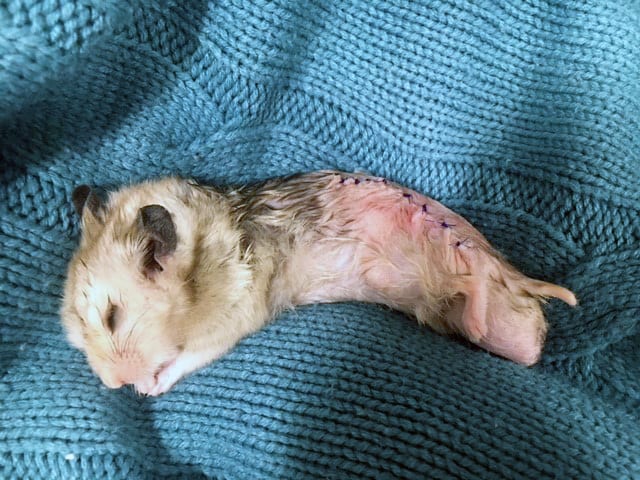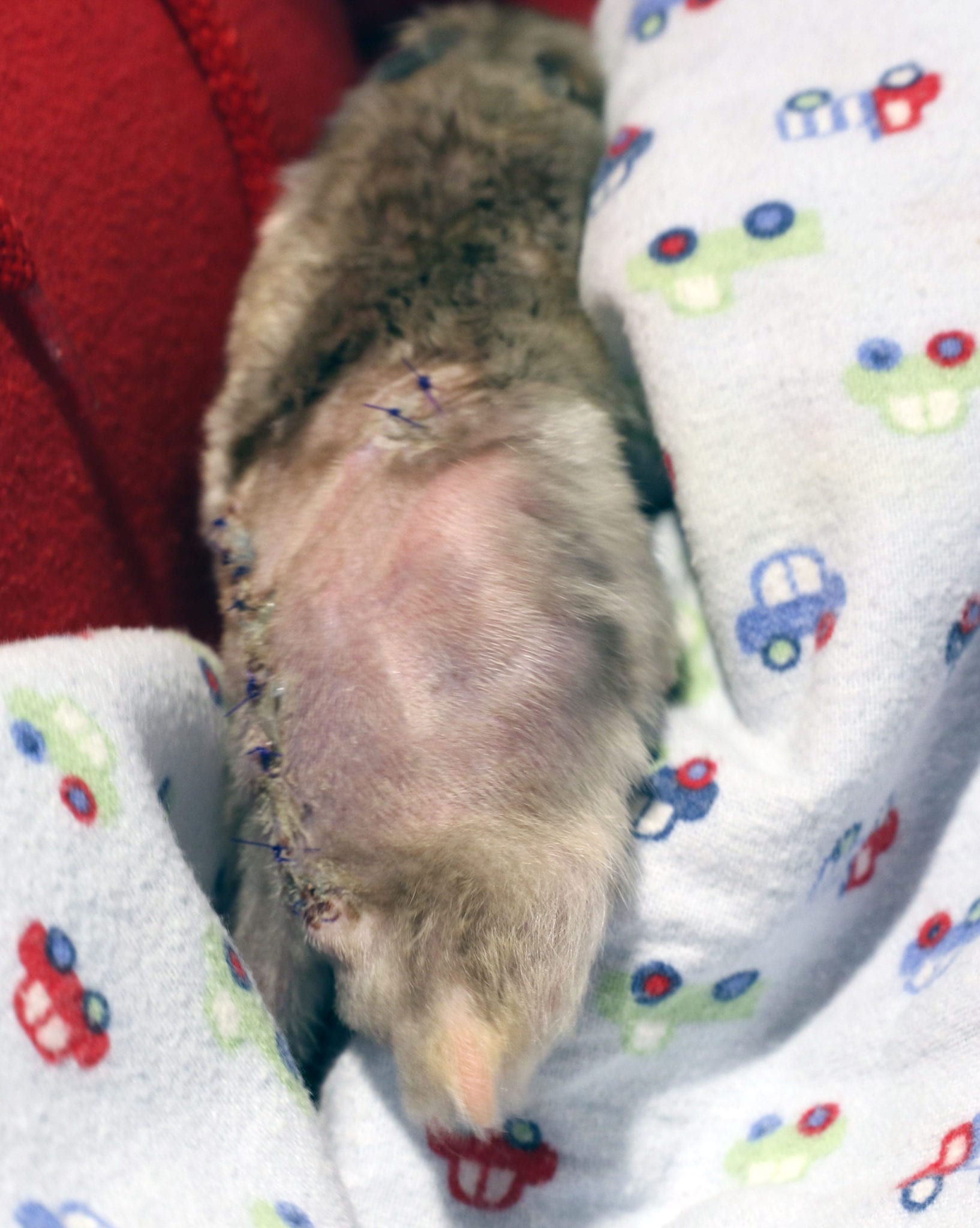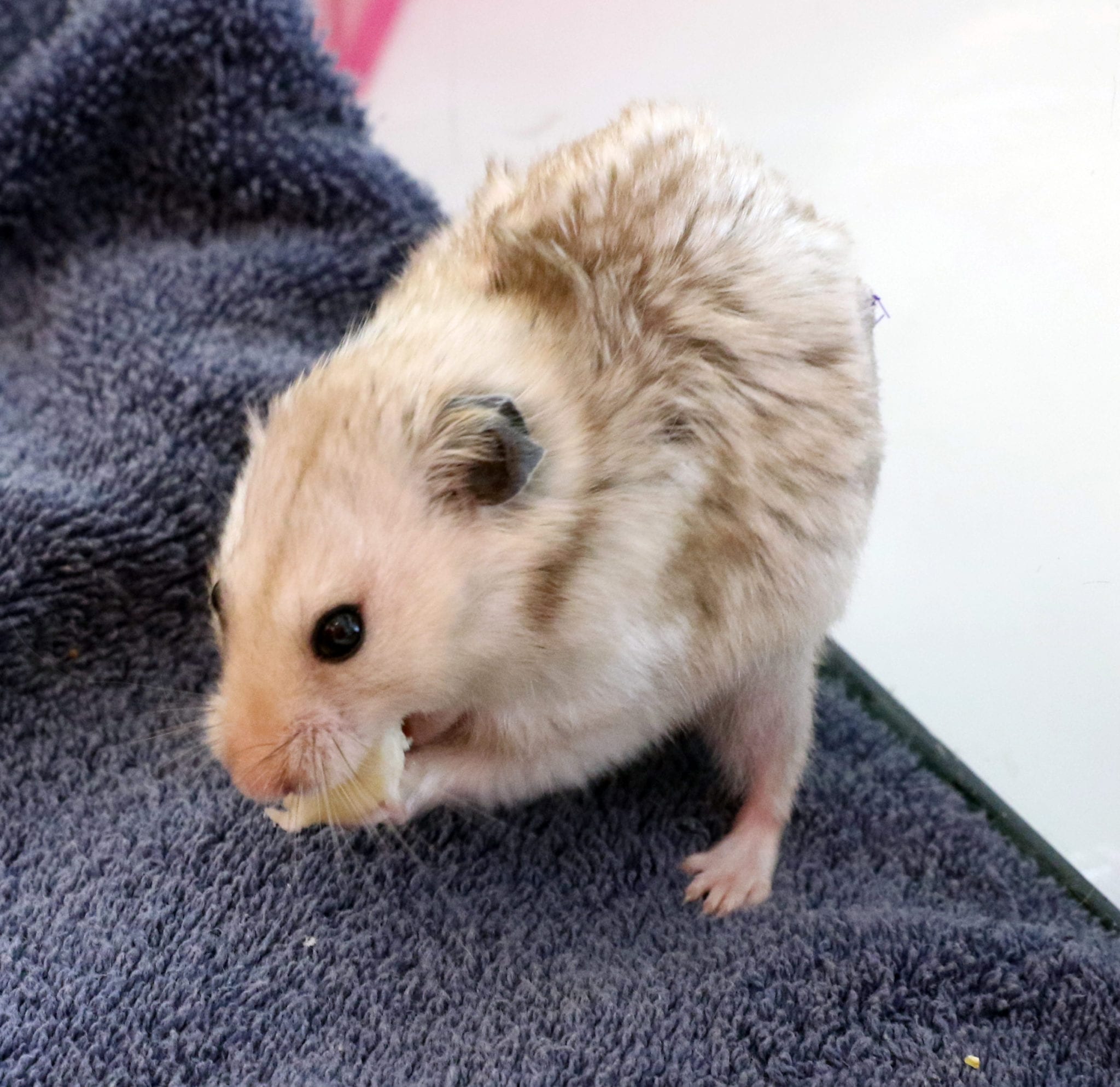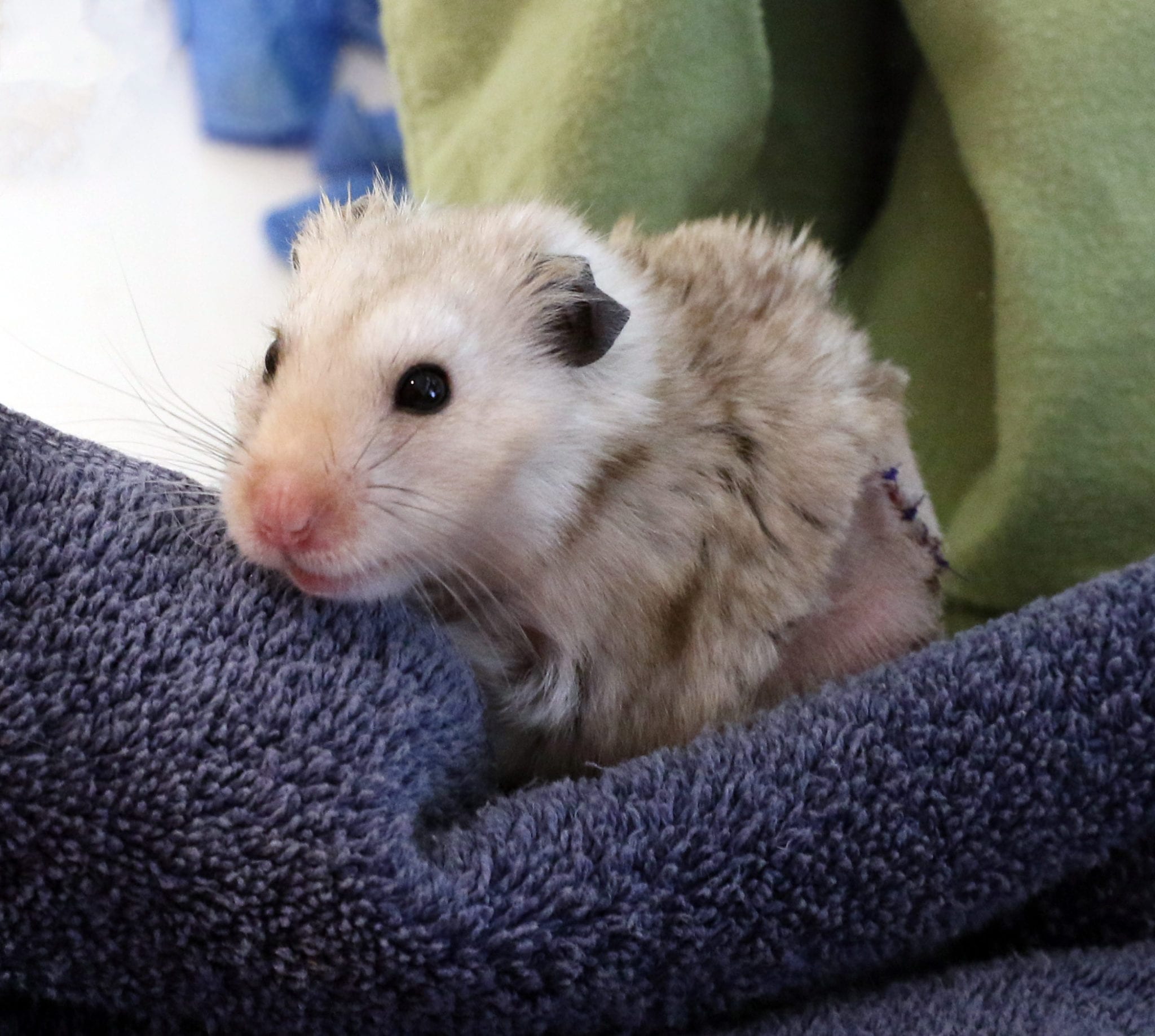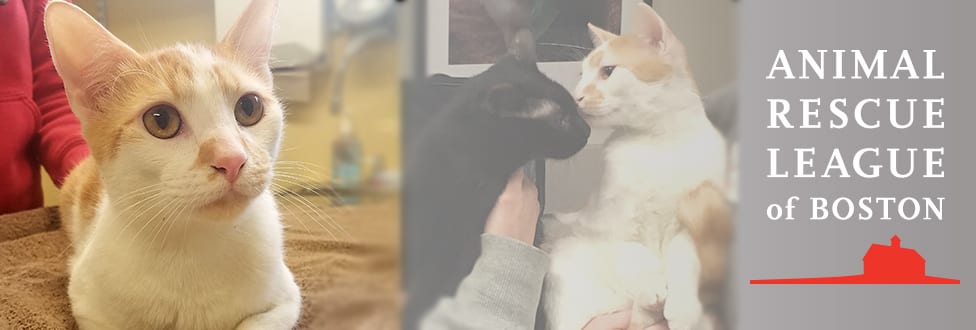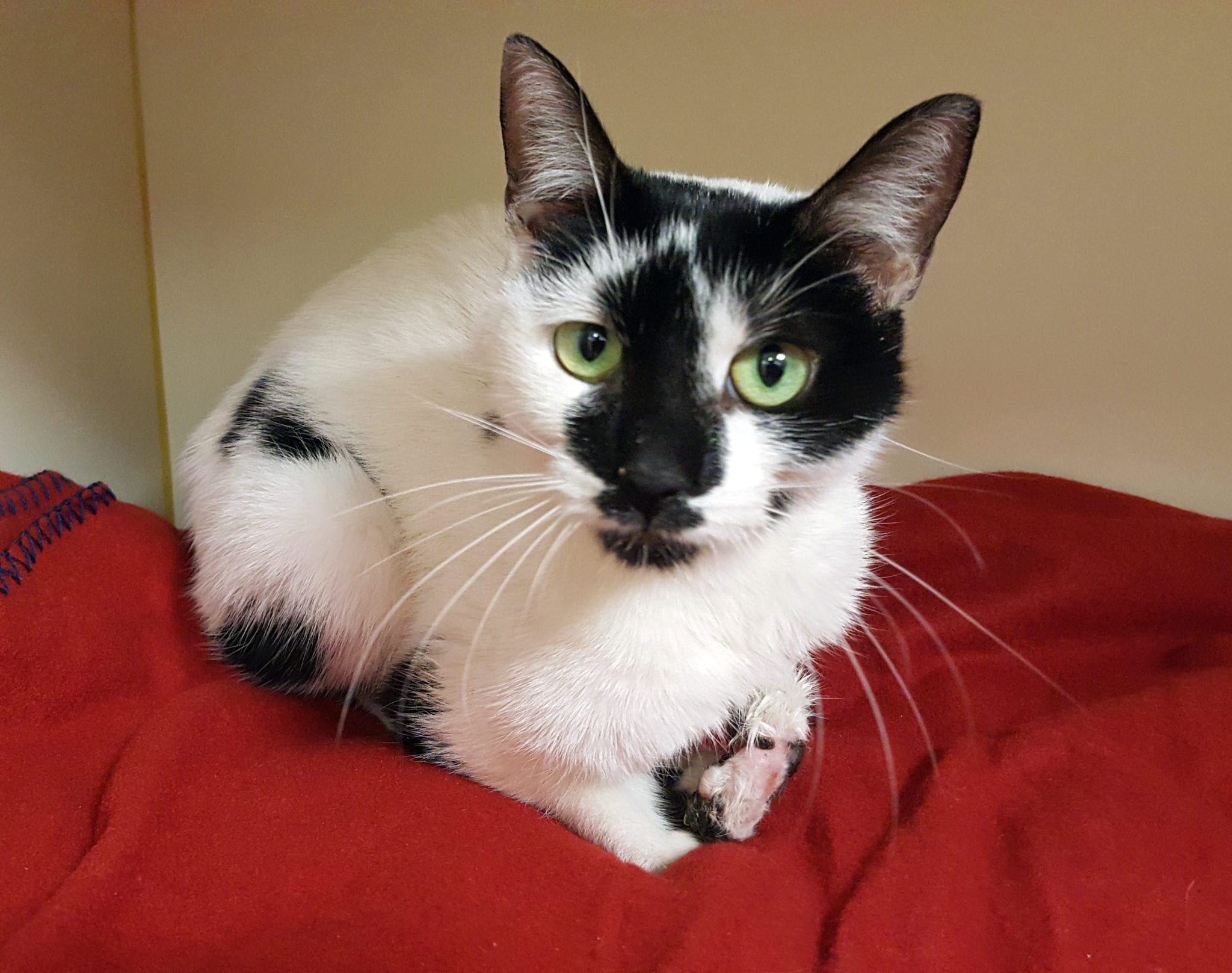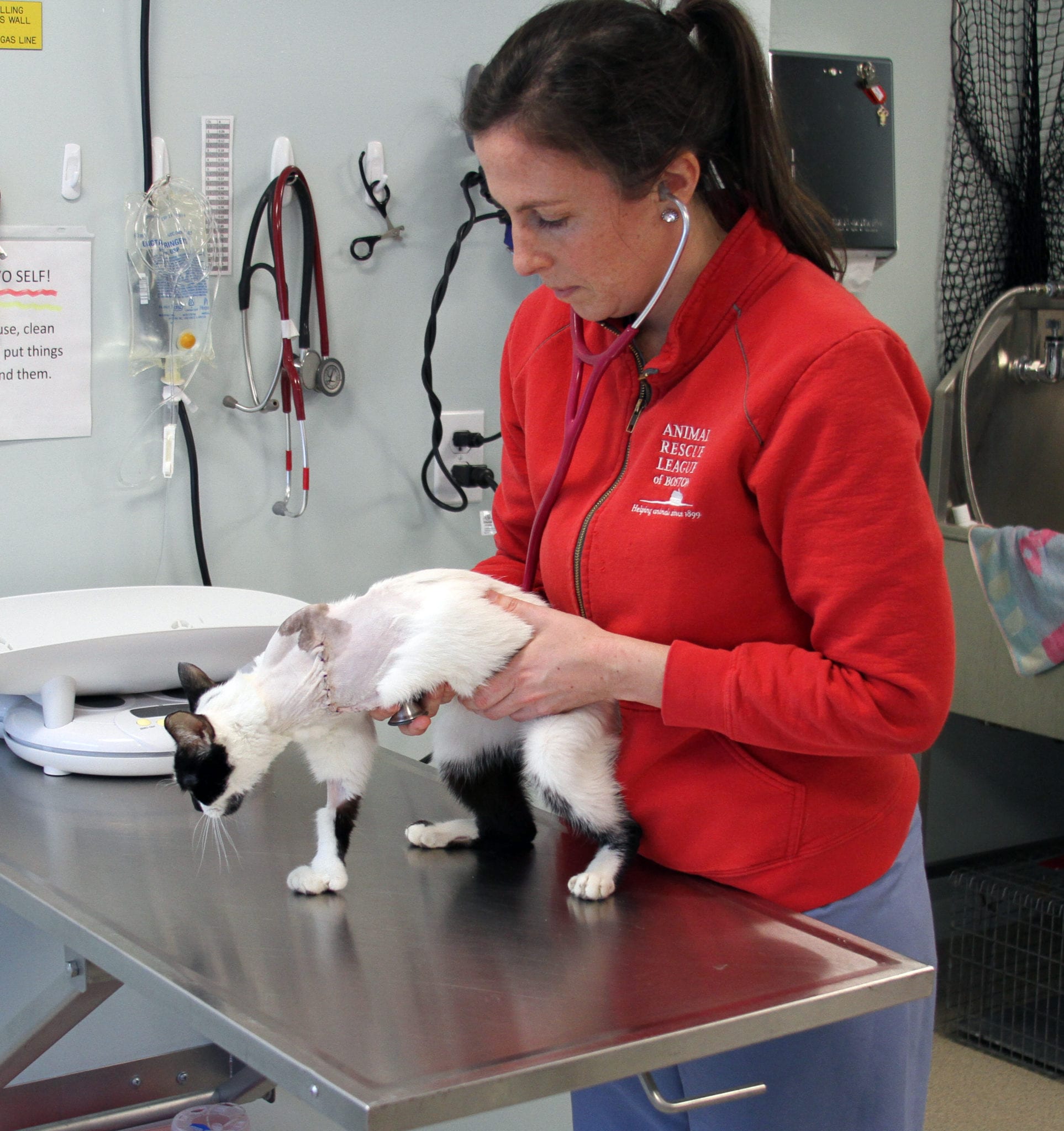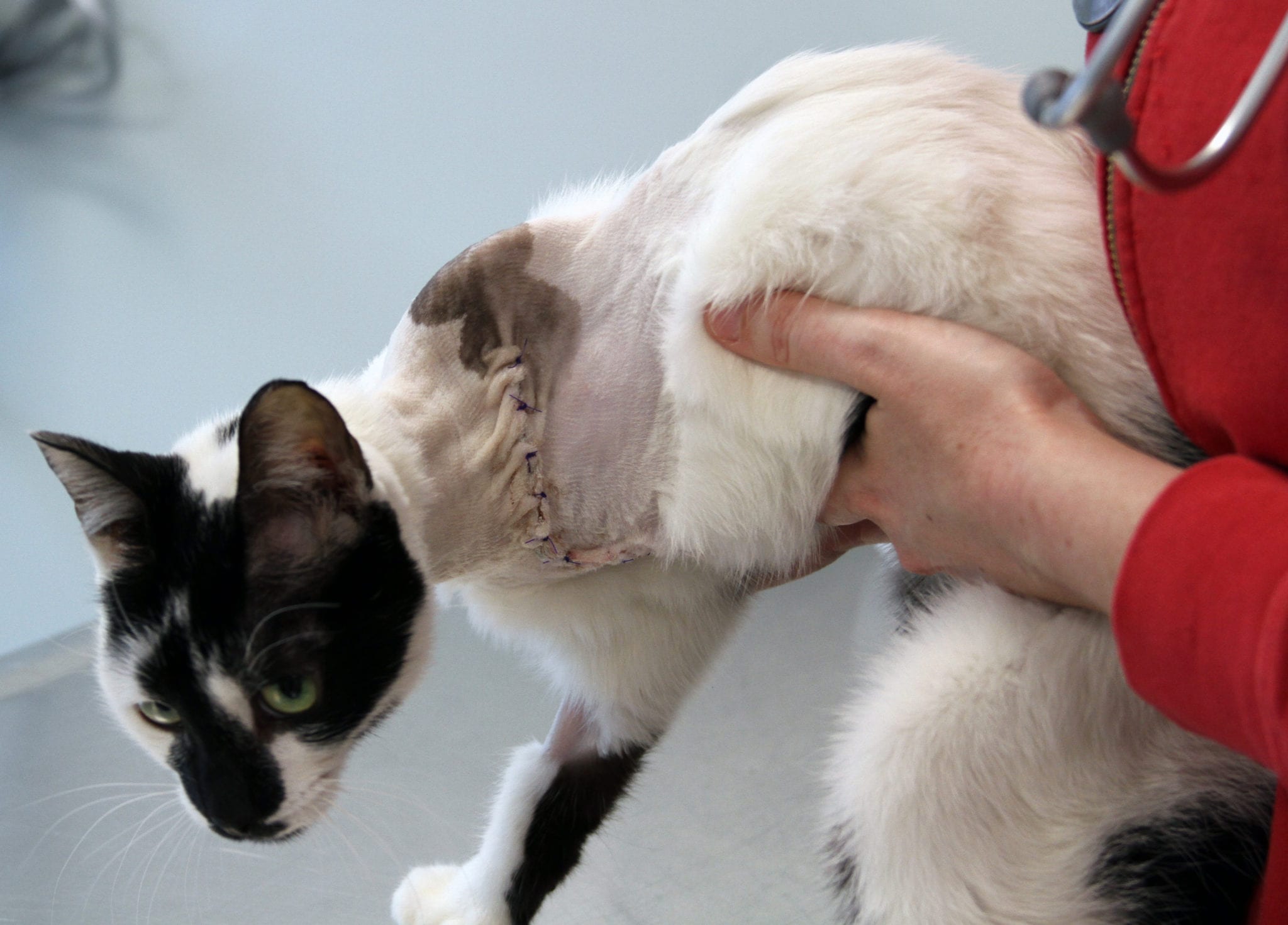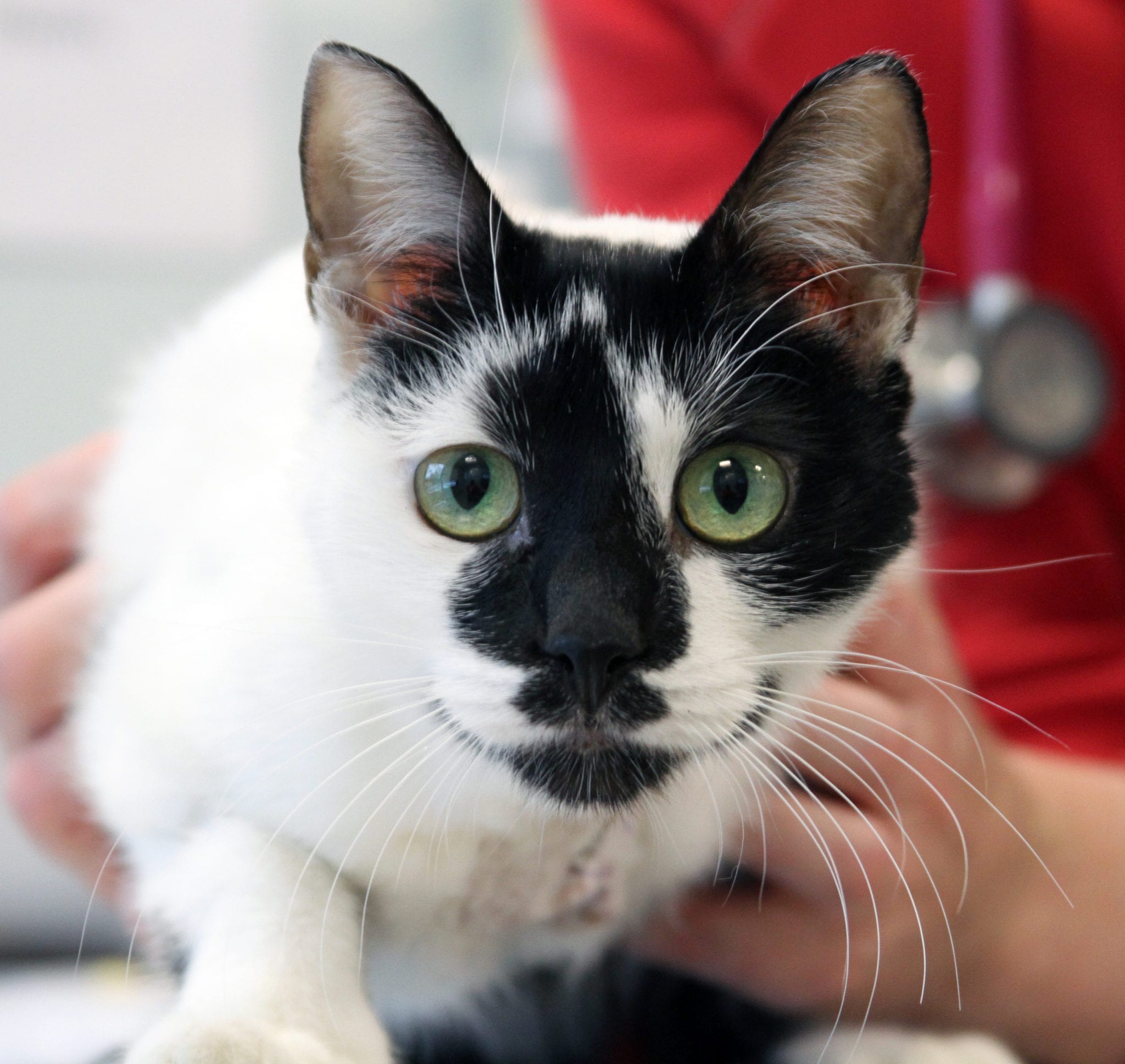Triumphing Over an Abusive Past
“Luke” with ARL for 518 days, recently finds perfect forever home
In early January 2017, Luke, then an 11-month-old puppy, was seized by the Animal Rescue League of Boston’s (ARL) Law Enforcement Department, when his owner was arrested on animal cruelty charges for allegedly beating the dog on multiple occasions.
Luke recently found his forever home, but was with ARL for more than 500 days – and during that time ARL staff and volunteers witnessed his awe-inspiring evolution from a puppy into a young adult dog. It was also a journey with plenty of bumps along the way.
To see a video of Luke’s story click here!
When Luke first arrived at ARL, he was scared, confused, and based on his former situation, he was understandably fearful of strangers – it was a hurdle.
“When Luke first came here, he didn’t want to trust anybody,” said ARL Animal Care Associate Anna Chaletzky. “He would bark, and while it would seem aggressive, he was just so afraid of everything.”
Building Trust
It took patience, but the more time ARL staff and volunteers spent with Luke, he slowly began to trust. And once that trust was established, Luke truly began to blossom. Showing his intelligence and love of learning, he went beyond basic commands, broke out of his shell and was soon showing off his playful personality.
An extended stay in a shelter environment can be difficult for some animals, and it was important to keep Luke engaged and focused and in turn he progressed forward and gained confidence.
Time to Find a Home
In the spring of 2018, Luke’s former owner pleaded guilty to animal cruelty, and he was finally ready to find his forever home. While it took a bit of time, Luke found his perfect match in a couple who came all the way from Maine to adopt him!
From intake to adoption took 18 months, and while saying goodbye was difficult, seeing him walk off into his new life happy and full of confidence was a proud moment for anyone who witnessed Luke’s progression.
It also highlighted the effectiveness of ARL’s enrichment program, which is tailored to the needs of each individual animal.
“He matured here with us and we worked every day at keeping him in a good place mentally,” ARL Pet Placement Supervisor Alicia Muller said. “Enrichment for Luke was incredibly important and a focus for all staff. We were always looking for new ways to show him he was cared for and loved, and to see him go from scared little pup to a confident young adult was incredible.”
It Takes a Village
While the length of stay for Luke isn’t typical for an animal in ARL’s care, the collective efforts from numerous ARL programs is. From law enforcement to shelter medicine and daily shelter care, Luke was impacted by a wide swath of ARL services, and we as an organization strive to give each individual animal the same care, attention and love that was given to Luke. That being said, our work is not possible without your generous support – thank you for being a champion for animals!

